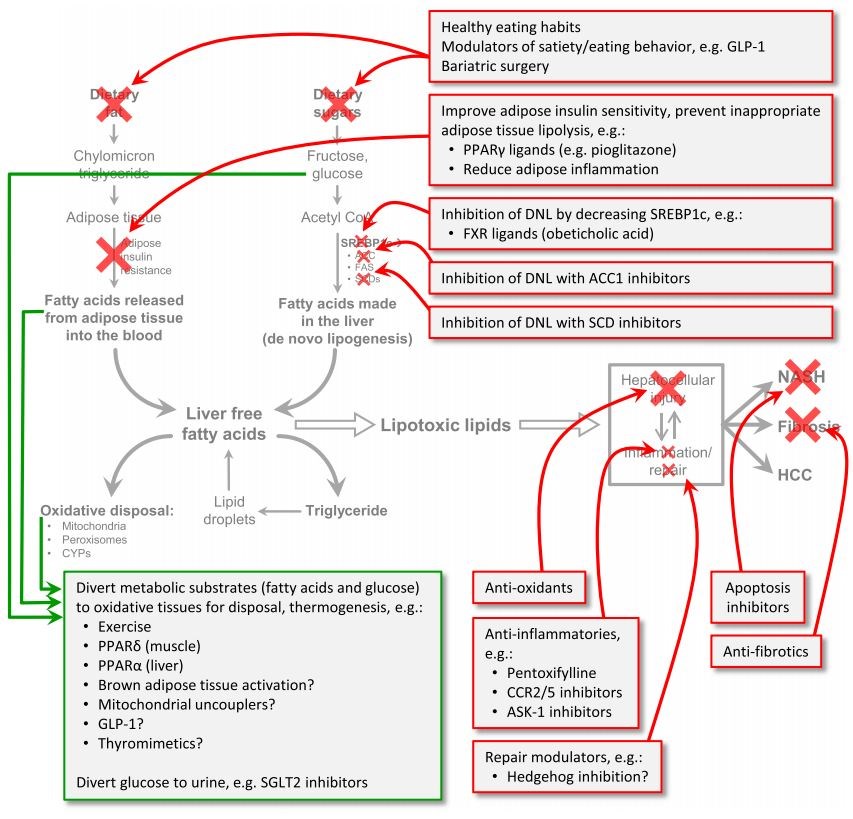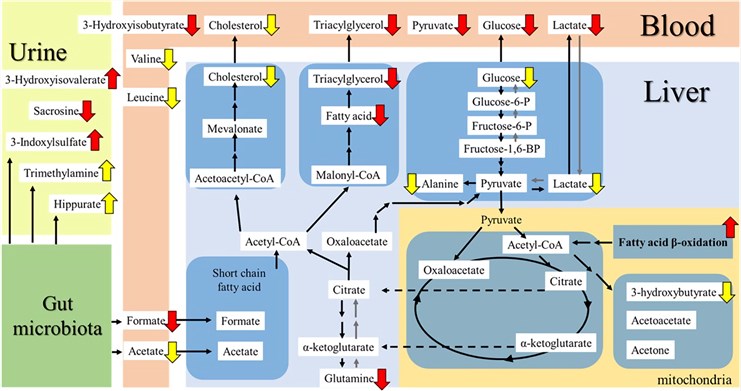NASH Target Development Service for Pentoxifylline (PTX) Analogues
As a leader and expert in the field of drug development services, Creative Biolabs has successfully completed a series of challenges in the past years. In particular, we have established an advanced PTX based therapeutic strategies discovery platform which enables us to offer a series of high-quality services for our worldwide customers.
Introduction of Pentoxifylline (PTX)
Pentoxifylline, also known as PTX, has been considered as a phosphodiesterase inhibitor and plays a critical role in mediating anti-inflammatory responses in vivo. In general, PTX has been widely used as a drug for treating intermittent claudication, a muscle pain caused by peripheral artery diseases. Meanwhile, PTX also has been recommended to be an adjunct to chronic venous leg ulcers treatment. Furthermore, more recent studies have indicated that PTX is associated with the hepatorenal syndromes, such as nonalcoholic steatohepatitis (NASH), and it can reduce the liver damage and decrease the incident of NASH by inhibiting the expression of IL-6 and TNF-alpha and iNOS. Several studies have revealed that PTX can reduce the expression of 9-HODE and 13-oxide in patients of NASH, and the results have shown that the potential mechanism of therapy of PTX works by modulating lipid oxidation. Therefore, a number of scientists have developed novel therapies of NASH by reducing oxidized lipid products to improve the efficacy of PTX.

Our Platform for Pentoxifylline (PTX) Analogues
The PTX is a methylxanthine derivative that has approved for a full range of disease therapy, such as NASH, type 2 diabetes (T2D), and Peyronie's disease. In addition, pilot studies have suggested that PTX can improve the condition of NASH by restoring the glycolysis pathway and other branched-chain amino acid-related pathways in various rat models. As a result, PTX has been regarded as an attractive target for discovering novel therapies against NASH or other diseases. Creative Biolabs has established a panel of assays for our worldwide customers to offer any service of PTX analogues on various therapeutic strategies development. Our unique drug preclinical development platforms have successfully accomplished a number of projects of PTX or its analogues target identification, safety evaluation, and preclinical animal modeling. With a seamless and value chain from drug production and commercial, we will provide latest and accurate data as well as meet any requirement of your programs.
 Fig.2 Summary scheme of PTX-targeted pathways in mice with combined NAFLD and T2D. (Ye, 2016)
Fig.2 Summary scheme of PTX-targeted pathways in mice with combined NAFLD and T2D. (Ye, 2016)
Aided by our rich experience and professional scientists, Creative Biolabs is dedicated to offering a series of drug development solutions for worldwide customers. In addition to PTX or its analogues, we also provide other customized services to meet every client’s specific requirements. For more information, please feel free to contact us or send us an inquiry.
References
- Brent, A.; et al. Non-alcoholic fatty liver disease. BMC Medicine. 2017, 15: 45.
- Ye, J.H.; et al. Pentoxifylline ameliorates non-alcoholic fatty liver disease in hyperglycaemic and dyslipidaemic mice by upregulating fatty acid fatty acid. Sci Rep. 2016, 6: 33102.
 For Research Use Only.
For Research Use Only.